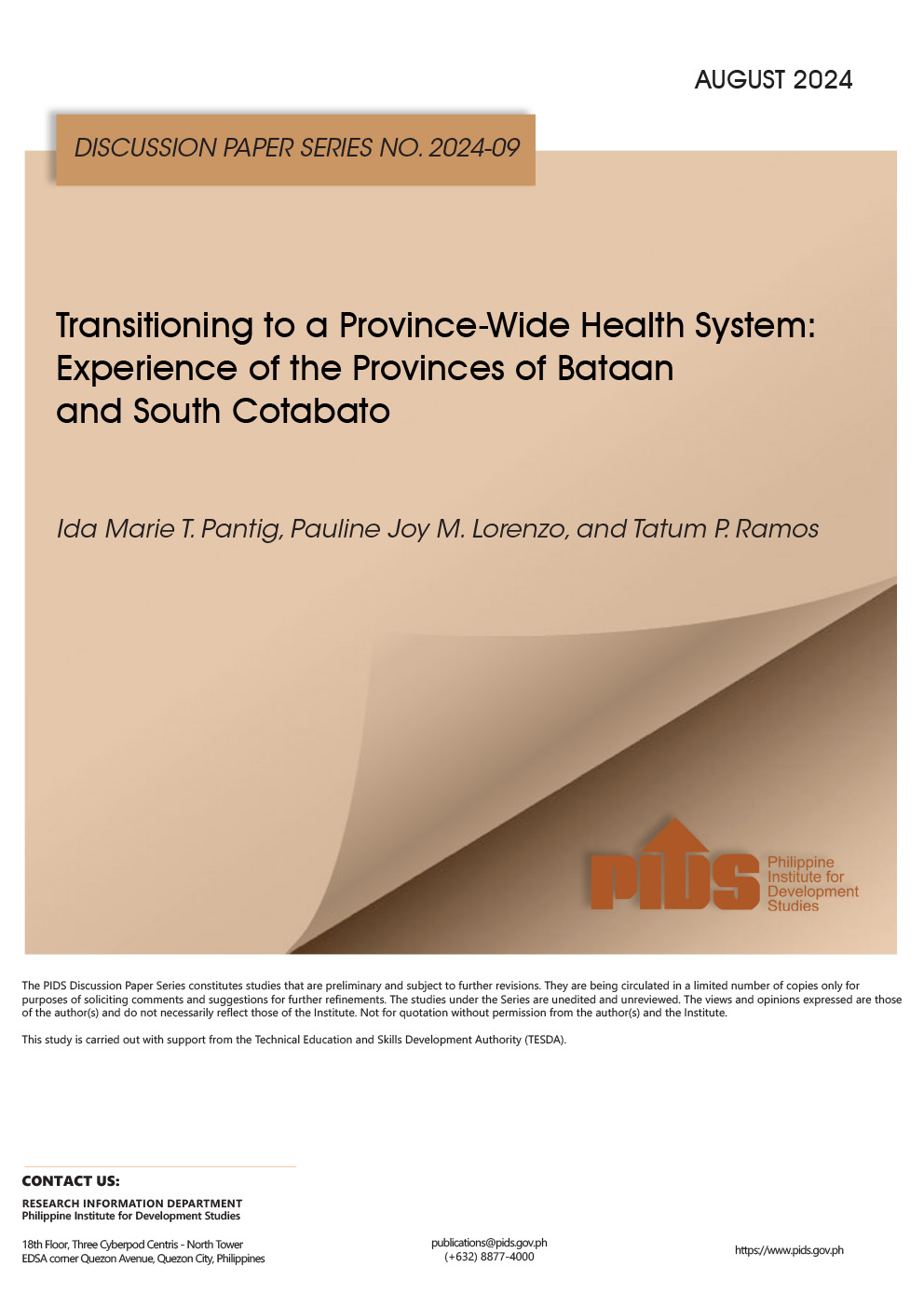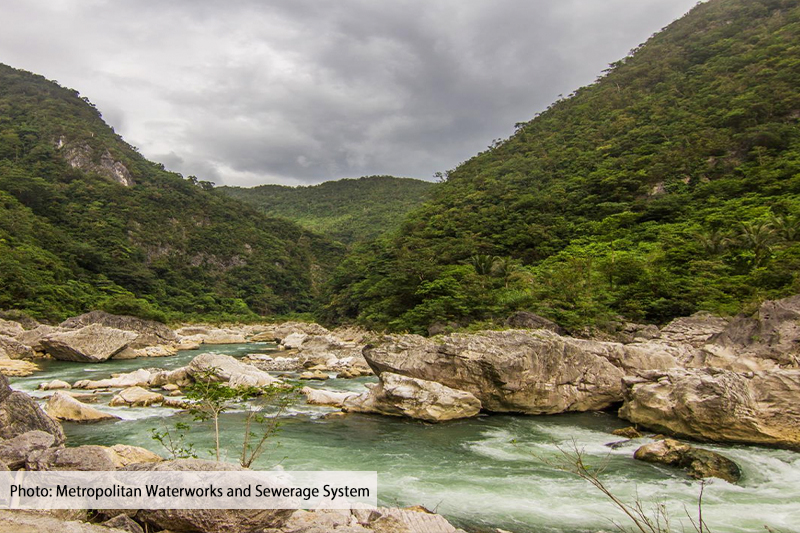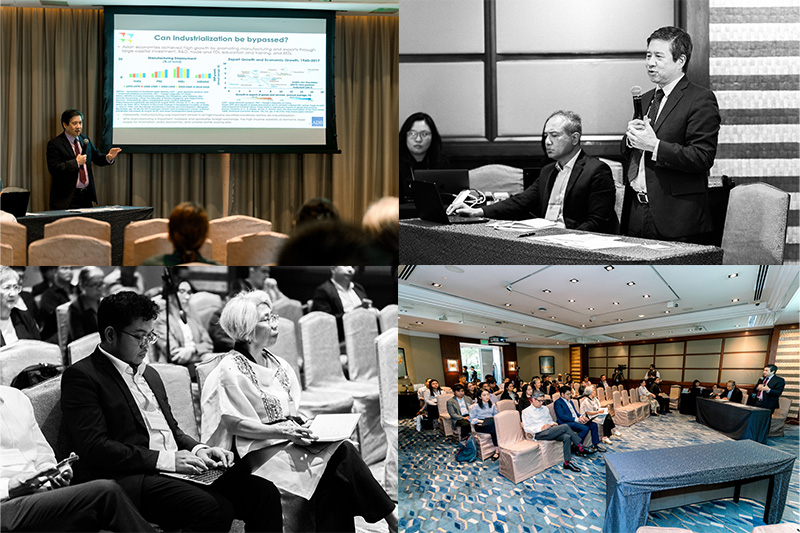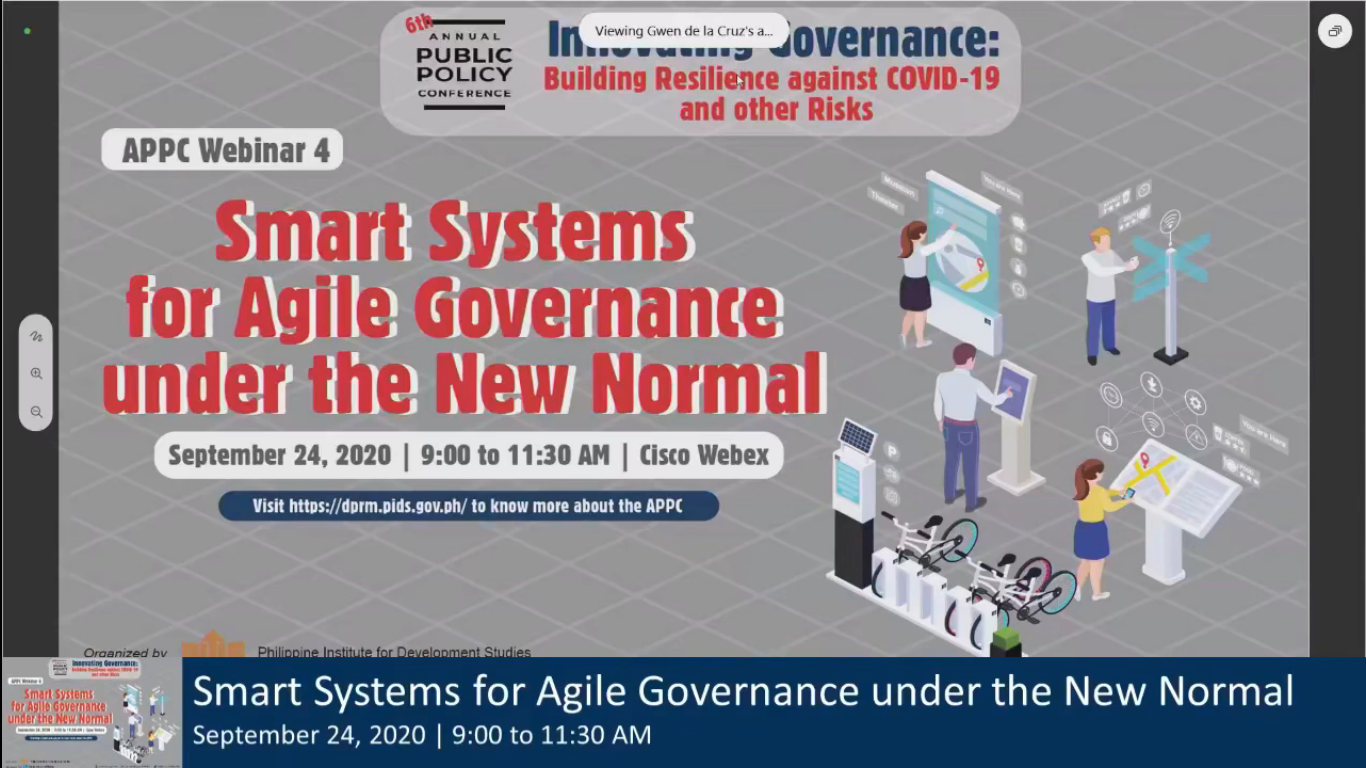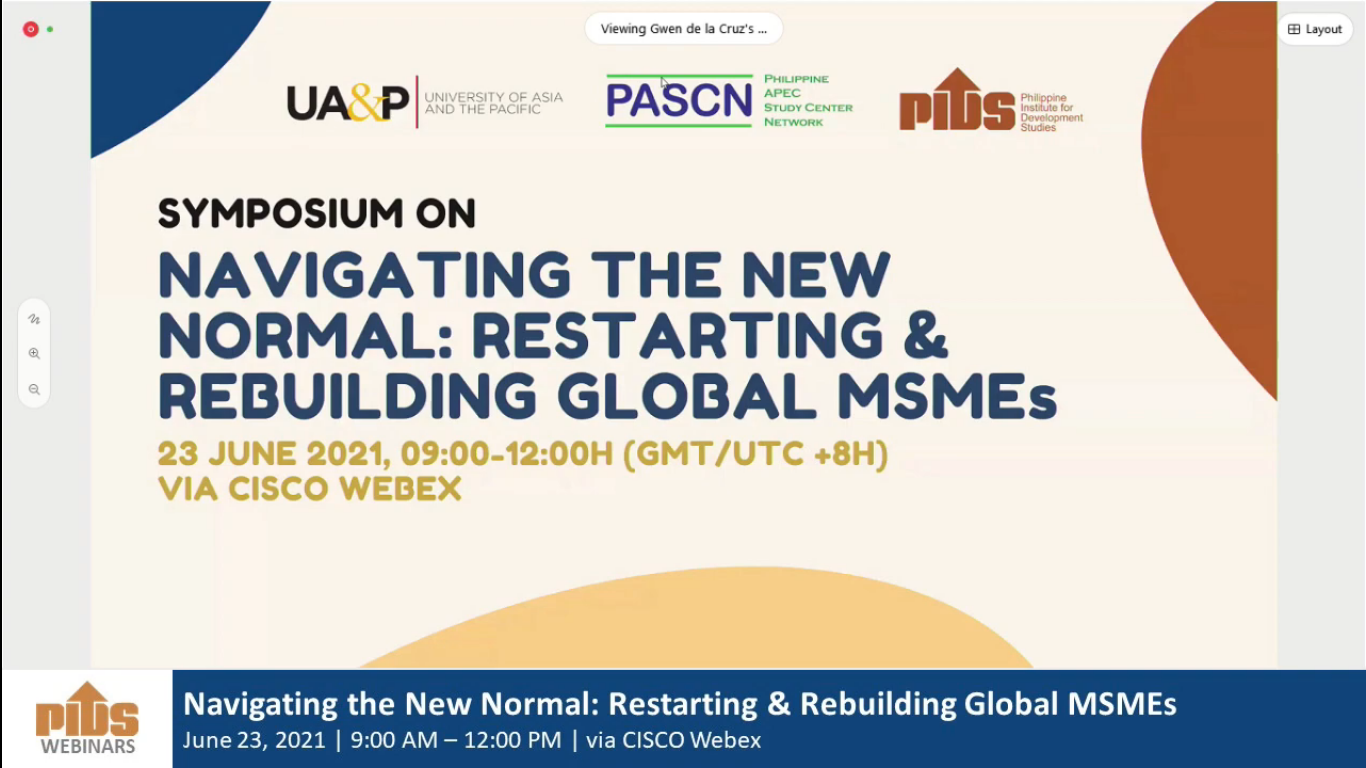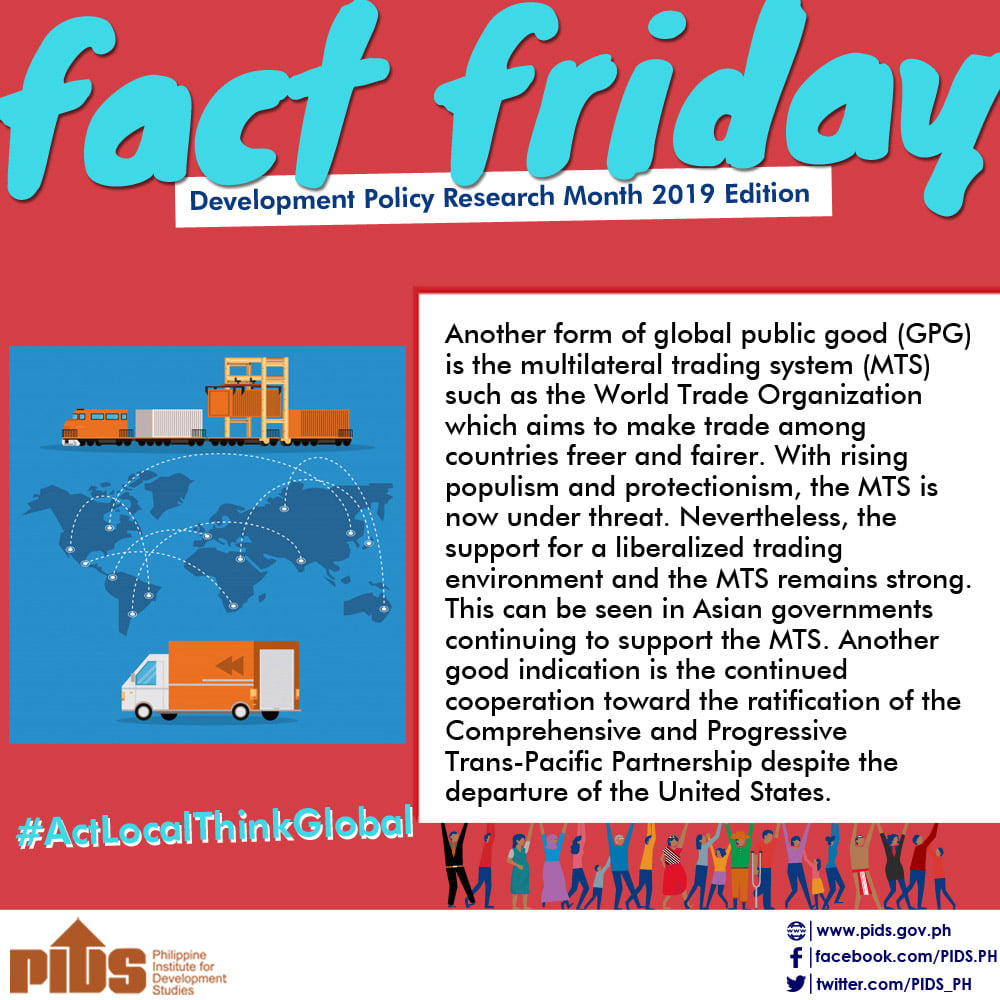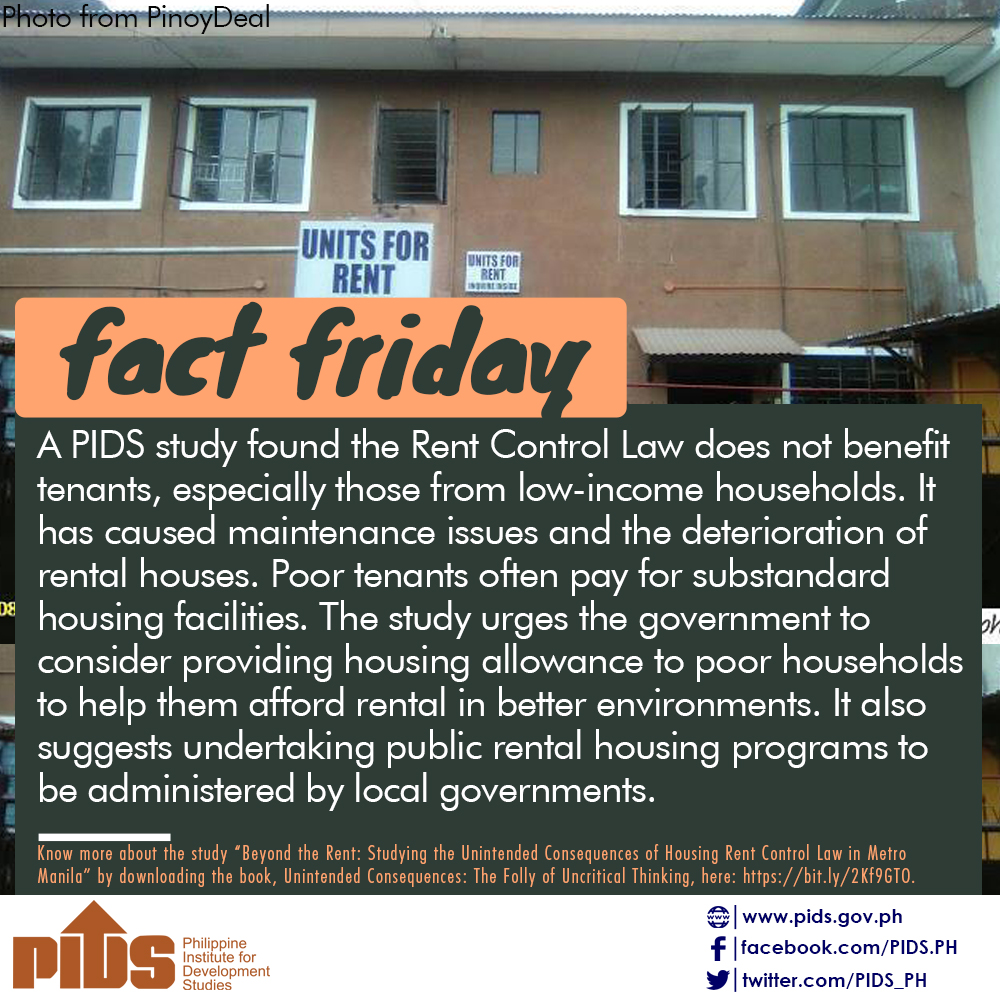DAVAO City Chamber of Commerce and Industry Inc. (DCCCII) welcomed Tuesday the signing of the new Cabotage Law by President Benigno Aquino III. The law is expected to lower the costs for both export and import cargoes.
Antonio T. dela Cruz, DCCCII president, said the newly-signed amended Cabotage Law will put an end to issues confronting shipping industry players on export and import shipping costs.
"We consider the amended Cabotage law as a welcome development because this has been a problem of the private sector, especially those who are into the shipping industry and those who regularly ship their products to and from Davao City," dela Cruz told Sun.Star Davao in a text message.
Ferdinand Y. Maranon, president of the Philippine Exporters Confederation (Philexport)- Davao, also said the new law is a good move of the Aquino administration.
"Davao shippers widely welcome this development. We commend the President's move in signing the amendments and considering this as his priority economic bills," Maranon said.
They said the revised law will foster competition among domestic shipping companies in the country and will pave way for lower shipping costs since logistics costs are expected to drop.
Earlier, Mindanao Development Authority (Minda) director for investment promotions and public affairs Romeo Montenegro said that healthy competition among shippers will result to competitive rates.
"Currently, our domestic shipping rates are very high. It is more expensive to ship products domestically than to ship it abroad. For instance, Davao to Indonesia is just $550 per TEU but if we do the same domestically it will cost around $1,200 to $1,300 per TEU," Montenegro said.
Before, only domestic shipping lines could serve domestic routes under the Cabotage Law.
According to a study conducted by Philippine Institute for Development Studies (Pids), "the absence of competition has resulted in high cost of transporting raw materials to manufacturing sites, finished products and agricultural goods to various destinations, and imported products to distribution areas, thereby increasing operational costs that are passed on to consumers as high prices."
Under the revision, foreign vessels will be allowed to pick up and deliver shipments straight to local ports across the country, eliminating the need to employ local shipping companies to transport goods between Manila and other domestic ports.//



